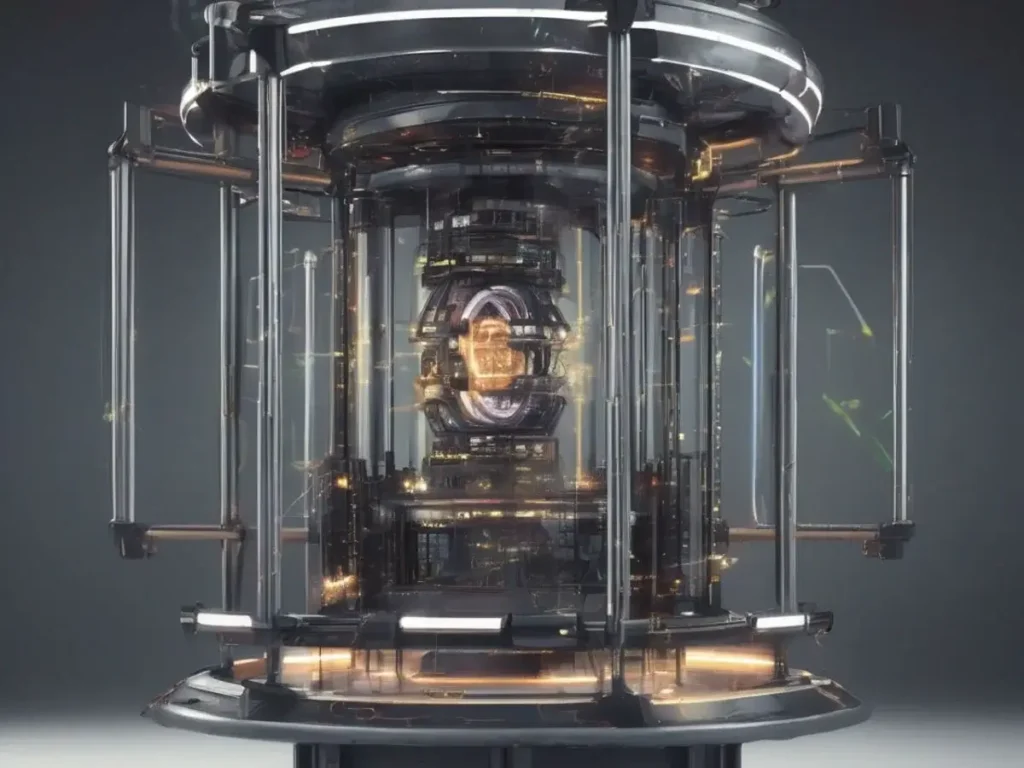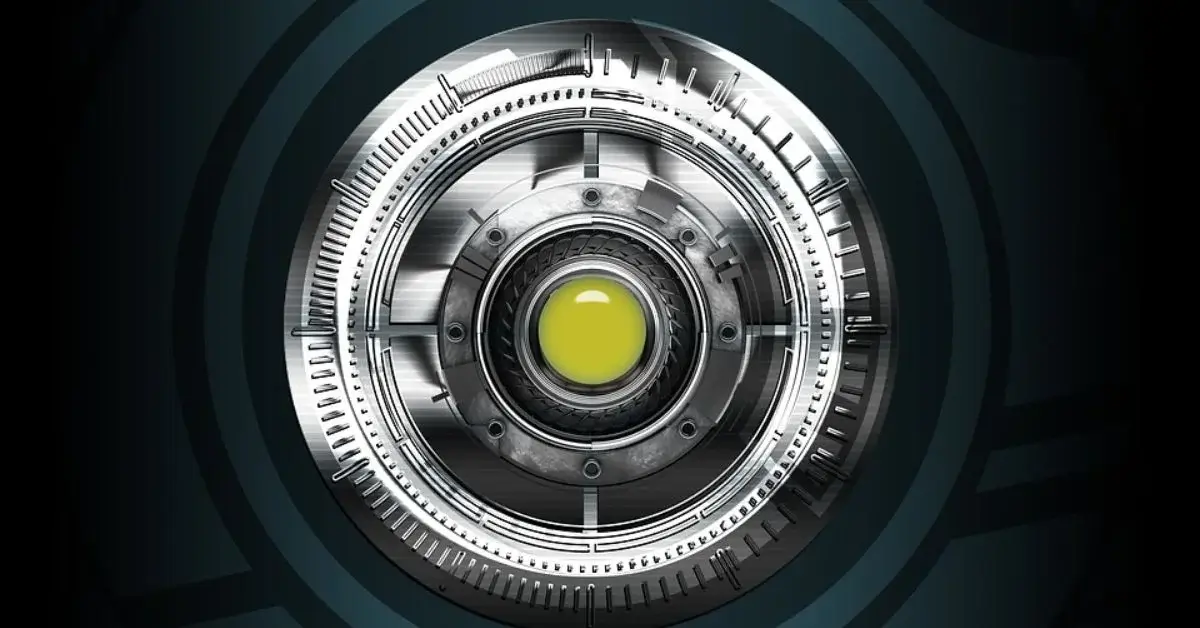Quantum computing and Artificial Intelligence are different fields in the computer science world. Quantum computing affect Artificial Intelligence applications in a positive way by enhancing the performance of AI algorithms, speeding up AI computations, increasing its accuracy, and boosting machine learning ability.
AI is growing day by day at a good pace. After the development of powerful AI tools like ChatGPT, Google Bard, Midjourney, etc., the demand for AI applications in different industries has significantly increased. However, the AI application’s capability and performance are limited due to the limitations of classical computers.
“It is important to note that AI applications can only work to a certain extent due to the limited computational power and performance of classical computers.”
The AI limitations could be significantly improved by using quantum computing, and the researchers are actively exploring different ways to integrate it into AI applications to achieve better capabilities and performance.
In this article, we will discuss more about how Quantum Computing affects Artificial Intelligence applications, but before that, let us first discuss the meaning of quantum computing and some of its characteristics.
Table of Contents
What is Quantum Computing?
Quantum computing is a technology in computer science that uses the principles of quantum mechanics to perform computations and store information.
Unlike classical computing, which uses binary bits (0 and 1) to store and process information, quantum computing uses quantum bits or qubits. The qubits can exist in a multidimensional state that allows quantum computers to perform different types of calculations exponentially faster than classical computers.
“A quantum computer has a processing speed millions of times faster than a classic computer.”
The Key characteristics of Quantum computing:
1. Superposition
One key characteristic of quantum computing is superposition, which allows the qubits to be in multiple states simultaneously. For example, a qubit can be in states 0 and 1 at the same time. This feature helps quantum computers to perform parallel computations and thus solve complex problems at a faster rate than classical computers.
2. Entanglement
Another key feature is entanglement, which allows the state of one qubit to be inherently linked with the state of another qubit even if they are physically separated by a large distance. Entanglement helps in taking measurements from one qubit that can be used to conclude other units.
Due to this characteristic, certain types of operations can be carried out by quantum computers more quickly.

How will quantum computing affect Artificial Intelligence applications?
As discussed earlier, quantum computing can perform different calculations millions of times faster than a classic computer, which could lead to significant performance improvements in AI algorithms.
Following are some ways where AI applications could be profoundly impacted by quantum computing:
1. Enhancing Machine Learning
AI models are trained on large datasets and learn from the data using machine learning algorithms. In many cases, the processing of this dataset is too slow, which limits machine learning and its algorithms.
Quantum computing can process this massive dataset quickly and provide the same to machine learning, thus enhancing machine learning algorithms. Machine learning models can be trained on a larger and more complicated dataset using quantum computers, which could result in more accurate and impactful AI systems.
2. Speeding up computations
Quantum computing can perform different calculations, such as prime factorization, unstructured search on datasets, etc., at a much faster rate than classical computers. This fast speed can enhance AI algorithms that rely on complex mathematical operations.
3. Solving complex problems
Quantum computing can solve complex problems like breaking different cryptographic codes, simulating complex chemical reactions, etc., that classical computers cannot perform. Also, quantum computers can simulate the behavior of molecules at a much faster rate compared to classical computers, which can increase the research and discovery of new drugs and treatment of diseases.
This ability can help AI systems solve real-world complex problems more effectively and let AI applications be used in different fields like drug discovery, chemistry, etc.
4. Advancing Natural Language Processing
Quantum computing can enhance AI applications like chatbots, virtual assistants, etc., by developing more powerful NLP systems and improving language translation accuracy, sentiment analysis, text analysis, and semantic understanding.
5. Enhanced cryptography and security
Using quantum computers, it becomes hard to access unauthorized data compared to classical computers. It enhances the cryptography and security to a great extent. It enhances the security of AI applications and may protect the sensitive data of AI systems from hacking.
However, it is also important to note that quantum computers have the potential to break commonly used encryption methods, which could raise concerns about data security in AI systems. So, to protect AI applications in the future, new quantum-resistant encryption methods will have to be created accordingly.
6. Improved image recognition
It can design and develop more accurate image recognition systems that can be used in several AI applications, such as medical imaging, autonomous vehicles (self-driving cars), etc.
7. Improving Optimization
It can handle optimization tasks efficiently and solve complex optimization problems faster than classical computers. It can lead to improvements in AI model training and real-time decision-making.
Also, quantum computing may develop AI algorithms that are more efficient and faster than before, which can lead to better prediction and decision-making.
8. Powerful AI models and algorithms
It may design and develop new AI algorithms that leverage the unique properties of quantum mechanics, such as superposition, entanglement, etc. These quantum properties could enable more efficient and powerful AI models and applications.
Conclusion
Quantum computing will likely play a significant role in the future development of AI systems and applications. Quantum computers can perform complex and heavy calculations millions of times faster than a classic computer, which could lead to high advancements in AI application development and make machines smarter than ever before.
Quantum computing significantly impacts AI applications by enhancing the performance of AI algorithms, speeding up AI computations, increasing their accuracy, and boosting the machine’s learning ability.
However, it is still in its early stages of development, and the potential uses of quantum computers in AI are still being explored and are an active area of research.
Frequently Asked Questions
Q1: What is a Quantum Computer?
A: A quantum computer works on the principle of quantum mechanics to perform computations. This computer uses quantum bits or qubits that allow quantum computers to perform different types of calculations exponentially faster than classical computers.
Q2: How a quantum computer is different from a classical computer?
A: A quantum computer has a processing speed millions of times faster than a classic computer.
Unlike classical computers, which use binary bits (0 and 1) to store and process information, quantum computers use quantum bits or qubits.
Q3: What is Quantum Computing?
A: It is a technology in computer science that uses the principles of quantum mechanics to perform computations and store information.
Q4: How does Quantum Computing affect Artificial Intelligence applications?
A: Quantum computing can impact AI positively by enhancing the performance of AI algorithms, speeding up AI computations, solving complex problems, increasing accuracy, and boosting machine learning ability.
Q5: What type of AI problems can a quantum computer solve?
A: As quantum computers perform different types of calculations exponentially faster than classical computers, these computers can solve many AI problems such as complex optimization, complex data analysis, drug discovery, factorization, database search, etc.

